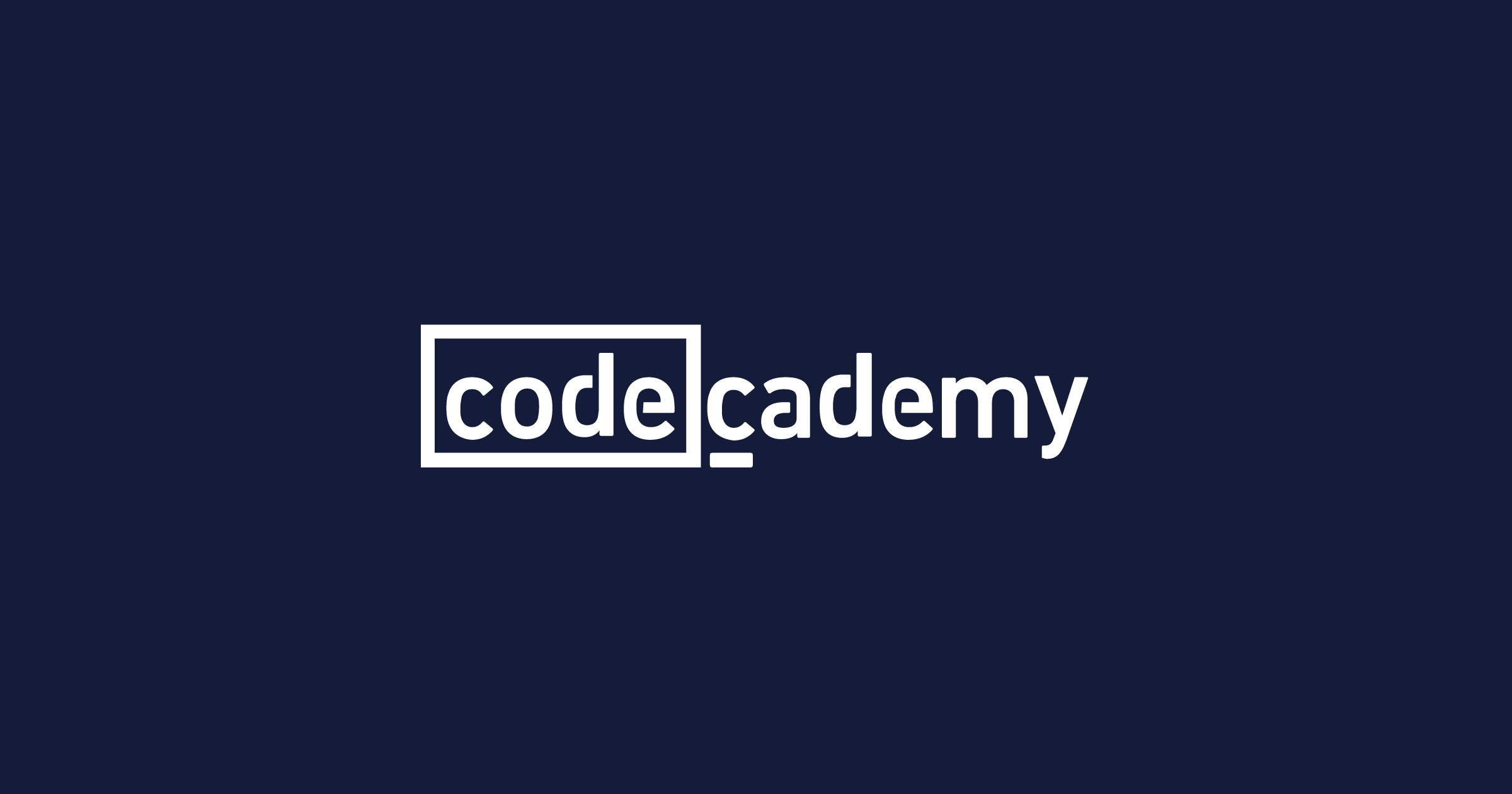Description
This course investigates how music can be used to effect positive change, with a focus on the most vulnerable people. Six different understandings will be investigated, each with its own set of values and assumptions. The greatest thinkers in each approach believe that their way of explaining music's power is correct, but we will demonstrate that understanding music in its entirety yields the best results in each unique circumstance. We can make informed decisions about how to best use music's extraordinary power once we understand the various ways it can change the world.
Participants in this MOOC can expect to gain a deeper and broader understanding of how music can be used to help individuals, groups, and communities.
- To differentiate how music works on the body, in the brain, through the unconscious, for bonding, as political action, and in reflecting culture,
- Based on examples shared in the ‘on-site' case studies, create practical programmes that use music to support individuals, groups, and communities.
Syllabus :
1. How can music influence the body to support fitness and rehabilitation?
- Neuroscience perspective - introduction
- Neuroscience perspective
- Working in hospitals
- Live and recorded music
- The art of offering music to patients
2. How can music motivate the mind to promote academic achievement?
- Cognitive psychology - introduction
- Cognitive psychology perspective
- How music motivates the mind
3. How can music reflect the psyche to improve mental health?
- Psychodynamic therapy perspective - introduction
- Psychodynamic therapy perspective
- The work of Mary Priestley
- Individual music therapy
- Music and emotions
- Research and theoretical foundations
4. How can music foster intimacy to strengthen relationships?
- Communicative musicality perspective
- We are all musical
- Being present in music
5. How can music enhance connectedness to support communities?
- Music and community with a Norwegian rock band
- Inviting people into music
- Fostering musical togetherness
- What is musicking?
6. How can music express culture and honour our diverse societies?
- Cultural studies perspective introduction
- Cultural studies perspective
- Music and voice
- Music as teacher








